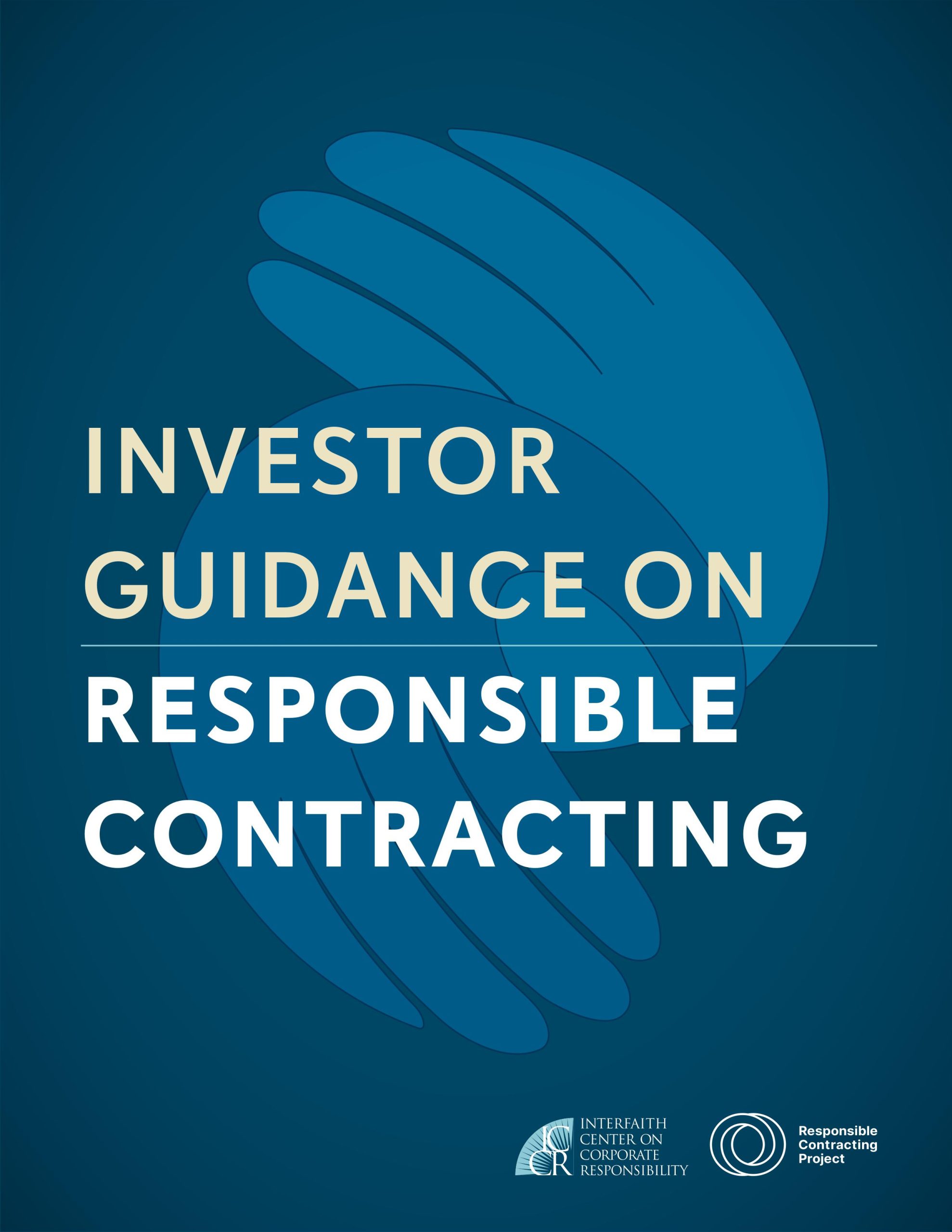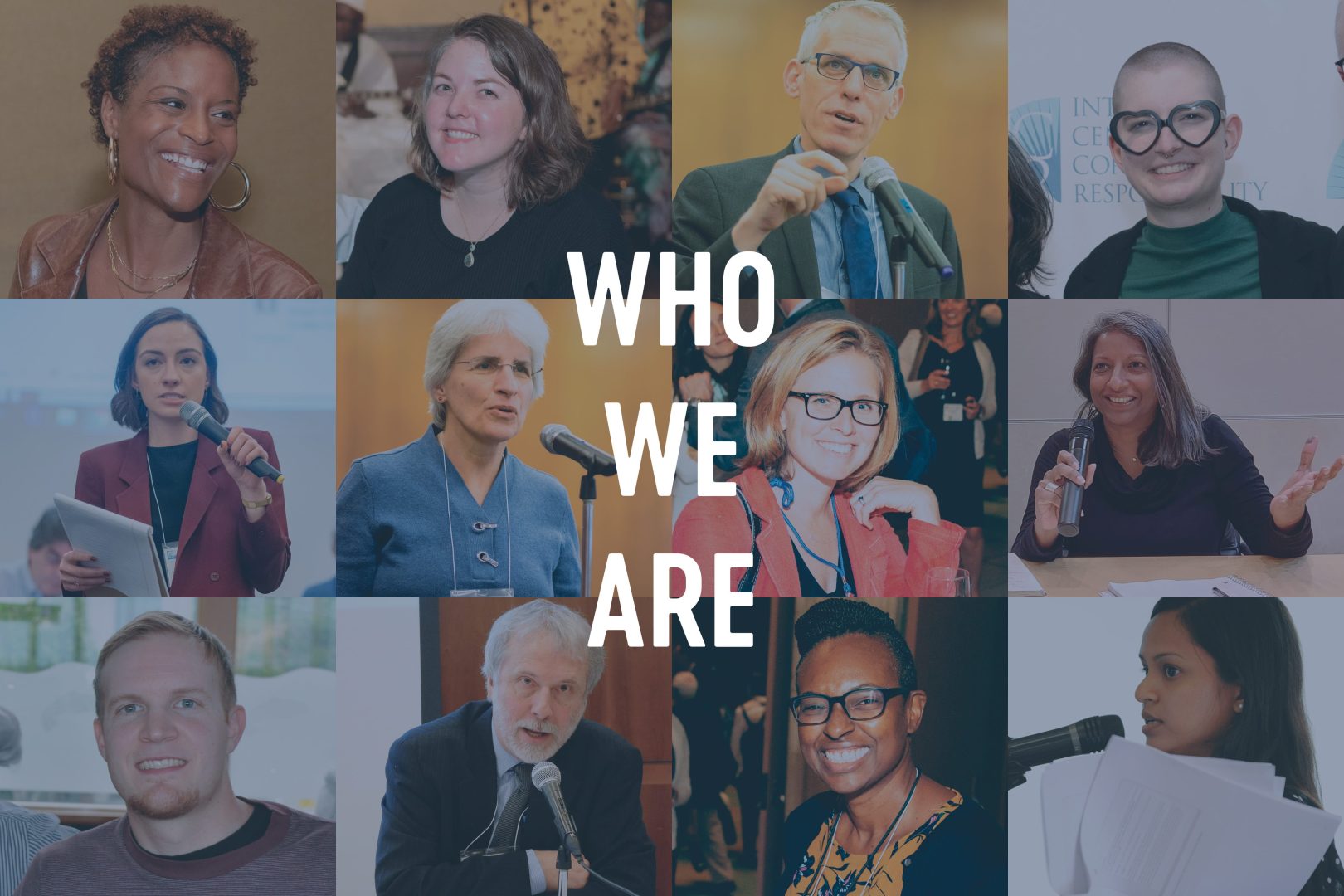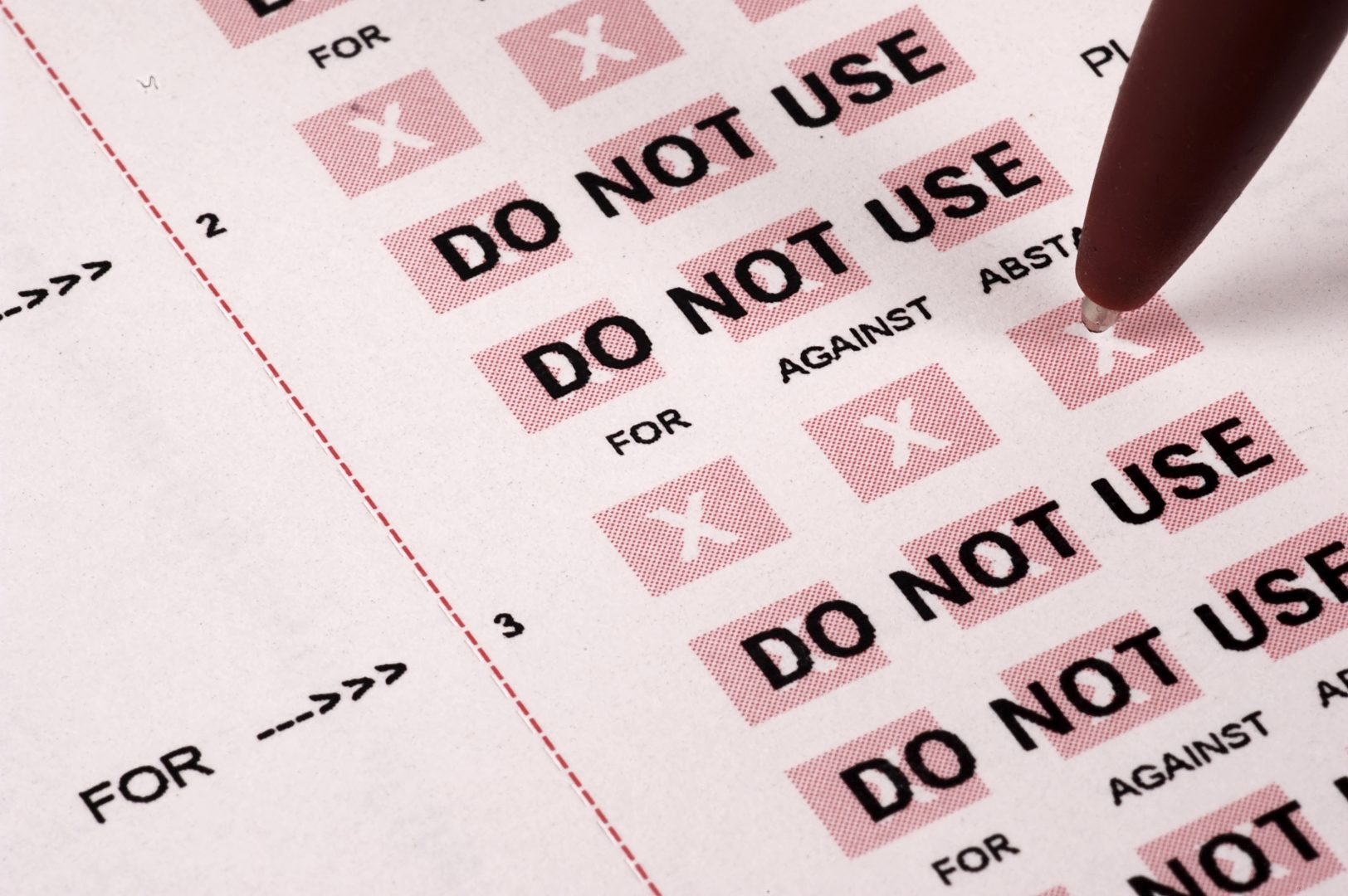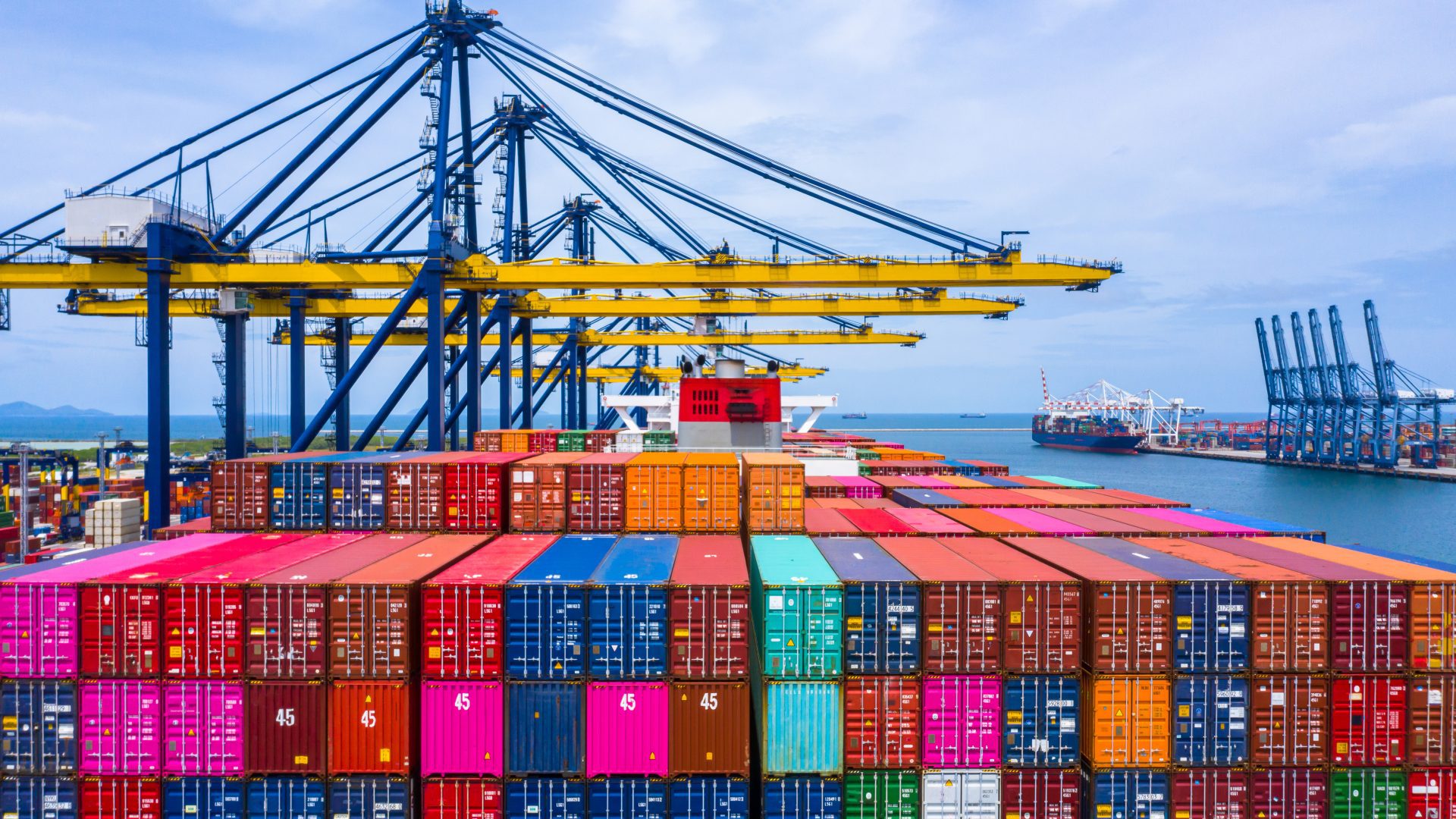The prevailing global purchasing practices model is built upon a power imbalance between global brands & retailers on the one hand, and suppliers & workers on the other, a disparity brought to light during the COVID-19 pandemic when apparel brands unilaterally canceled over $3 billion in orders, instantly jeopardizing millions of garment workers’ jobs.
Our Theory of Change
The integration of responsible contracting principles (adapted from the Model Contract Clauses) into buyer and supplier contracts has the potential to transform supply chains by requiring shared responsibility for human rights into contract language.
The Business Case for Action
As the Corporate Sustainability Due Diligence Directive and related European regulations such as the German Supply Chain Due Diligence Act are enforced and begin to create uniform global corporate human rights due diligence expectations, adoption of Model Contract Clauses will will ease and speed company compliance.
Current Initiatives
Through a combination of dialogue and the filing shareholder resolutions, ICCR’s members are pressing companies to commit to implementing contractually enforceable obligations with their suppliers.





Our Impact
How ICCR is achieving meaningful gains for rights holders by encouraging responsible contracting.





